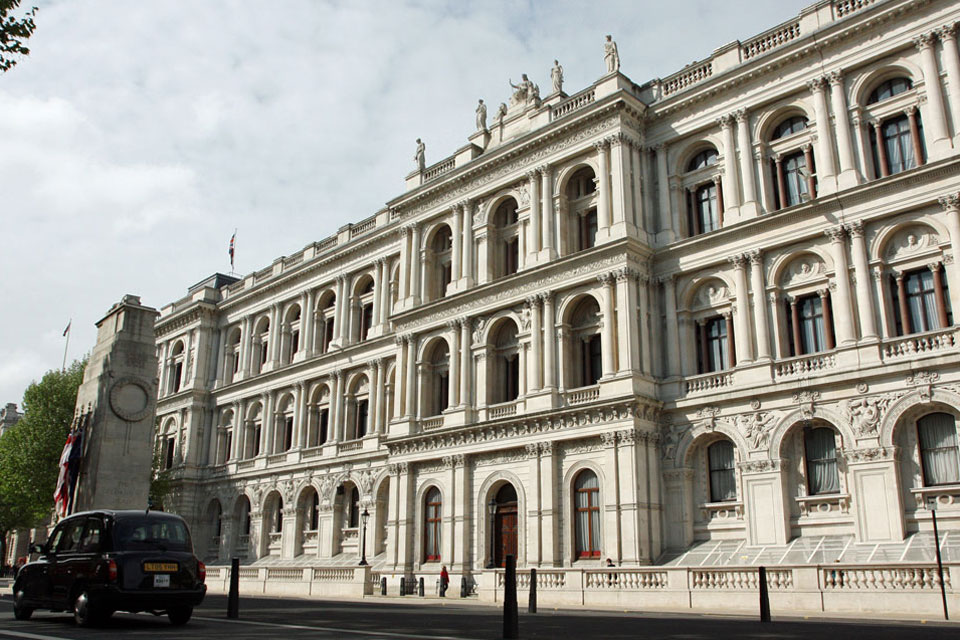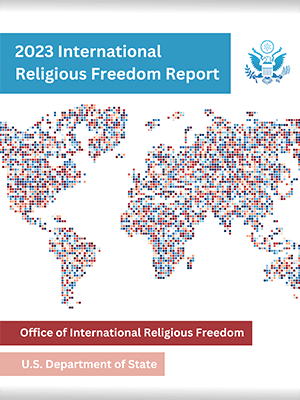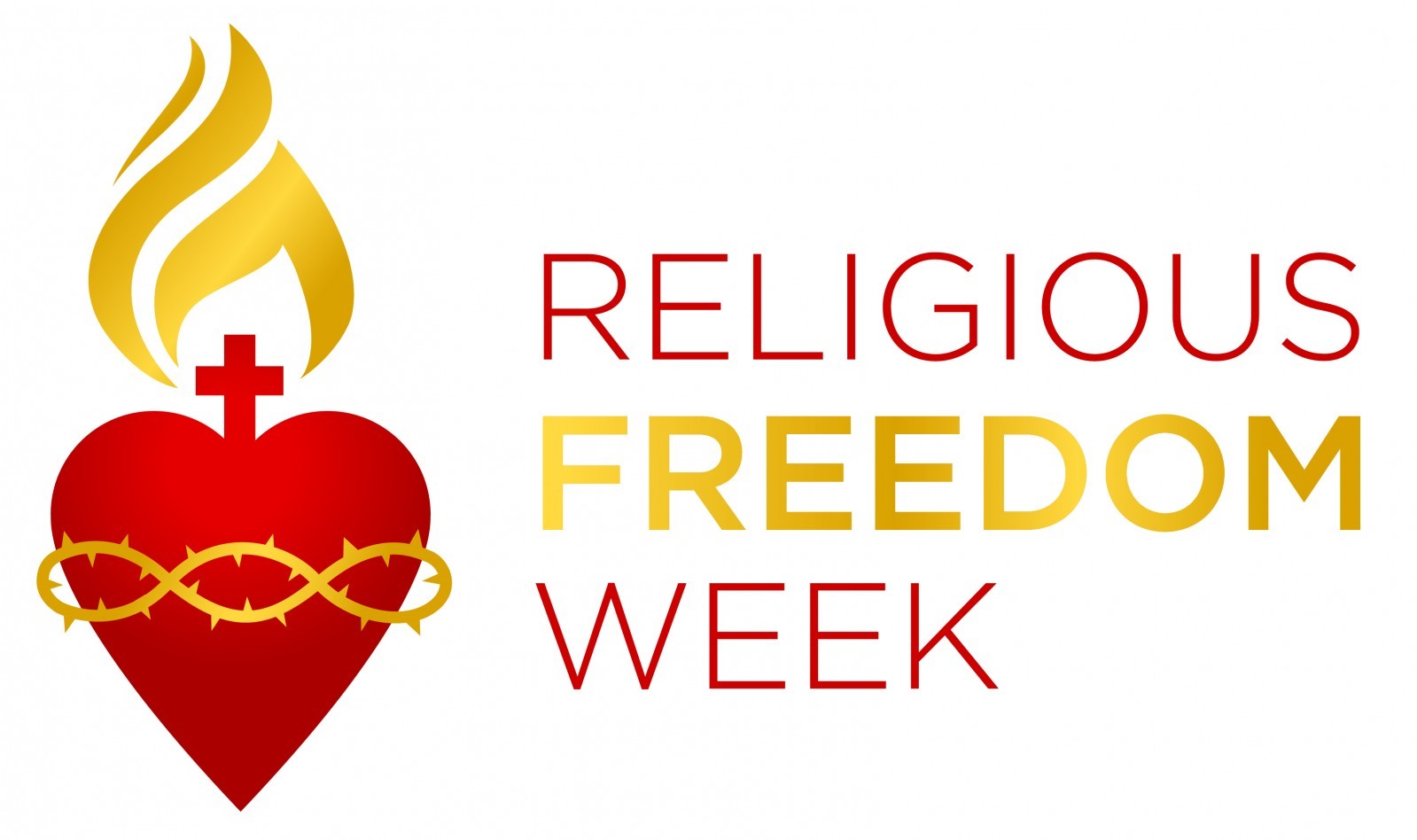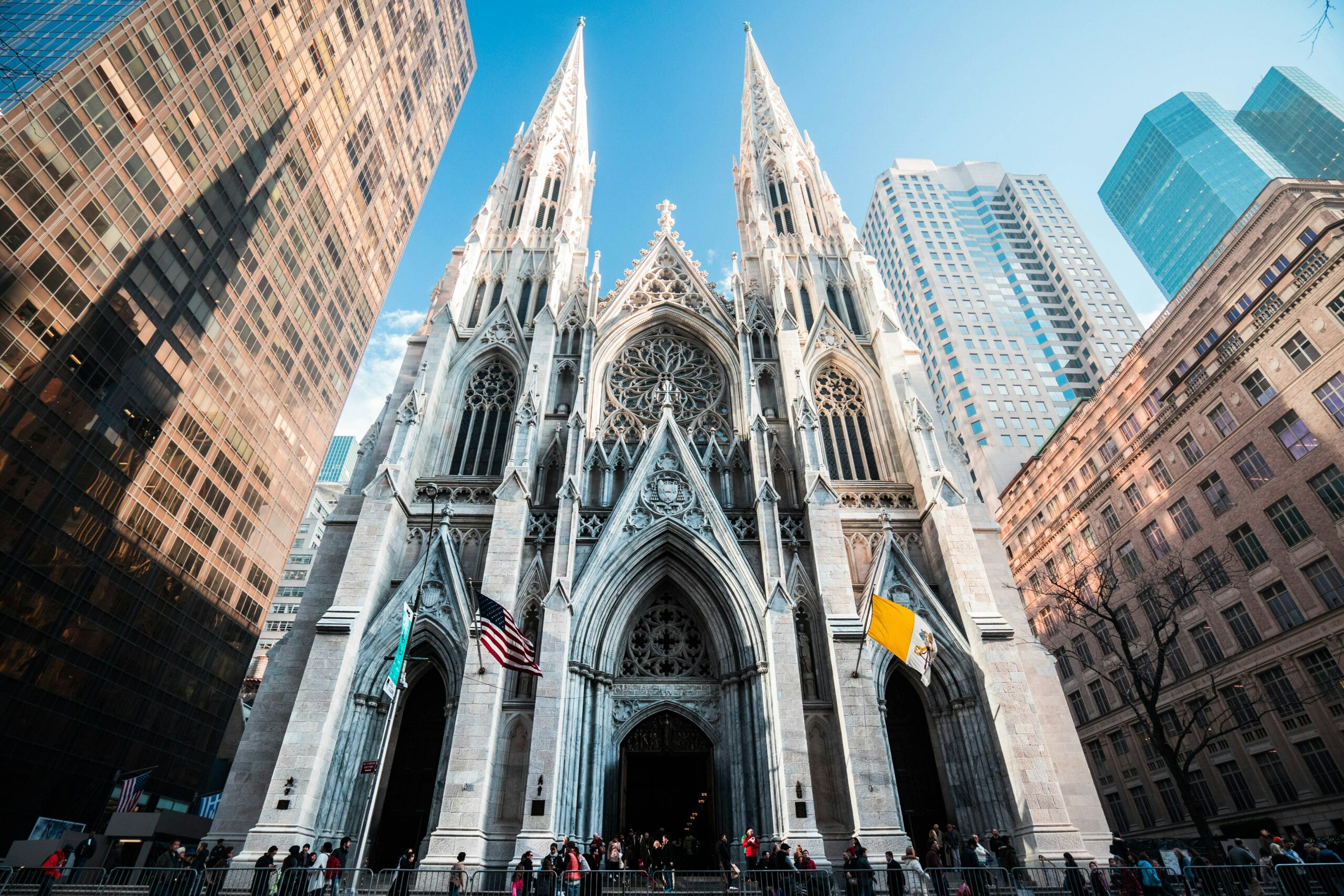RFI’s Paul Marshall recently wrote a piece for Providence describing “Canada as America’s Post-liberal Counterpart.” He writes:
What is now called “integralism” or “post-liberalism” comprises varied authors, influences, and ideas. Even so, a common theme is that America’s founding can basically be characterized as “liberal” and that the liberalism of the founding, as Patrick Deneen contends, inevitably leads to our present political and cultural woes.
Deneen runs counter to conservatives who claim that it is deviation from the founding that is the source of our problems, arguing instead that our current problems are the fulfillment of the nearly 250-year-old-American constitutional experiment. Further, as he writes in Why Liberalism Failed, “the loosening of social bonds in nearly every aspect of life—familial, neighborly, religious, even national—reflects the advancing logic of liberalism and is the source of its deepest instability.” (emphasis added) The term “advancing logic” suggests that once the initial ideas have been accepted, then, years or even centuries later, a particular type of polity must necessarily follow.
Politics does not usually allow for experiments with parallel control groups to test whether ideological sources necessarily lead to particular polities, and history and geography are usually too complex to provide truly comparative examples. Nevertheless, it is illuminating to compare the United States and Canada, which share a continent and have their origin in America’s revolution 250 years ago. One accepted what may plausibly be called liberalism and the other rejected it. Hence, with many caveats, they can provide useful points of comparison, and give a cautionary tale.
Marshall offers an account of Canada’s political and social history that challenges the notion that integralism will necessarily lead to the results its proponents seek. After all, Canada has roots in those who “sought to shape a polity on grounds that can plausibly be described as integralist.” And yet today, Marshall observes:
[Canada] goes far beyond any U.S. state in its commitment to abortion, transgenderism, “medical assistance in dying,” and other modernist views, and especially in seeking to drive from the public realm those who dissent from the new morality. Quebec, with very deep Catholic roots, has gone much further.
Read the full article: “Canada as America’s Post-liberal Counterpart.”
THE RFI BLOG

Religious Freedom Is Being Ignored This Election

Celebrating America’s Independence and First Freedom

State Department Releases Annual Report Documenting Dire Global Religious Freedom Picture

RFI President David Trimble Talks Religious Freedom Week on Drew Mariani Show

A Deeper Look at the Rising Threats to Religious Freedom in America
CORNERSTONE FORUM

Challenges to Religious Freedom in Iraq and the Critical Need for Action

Public Bioethics & the Failure of Expressive Individualism

Religious Liberty in American Higher Education

Scotland’s Kate Forbes and the March of Secularism

